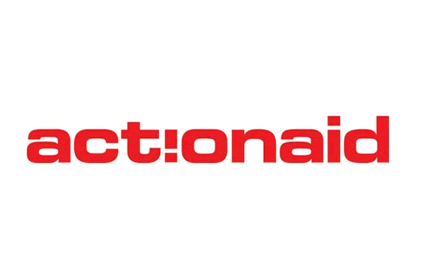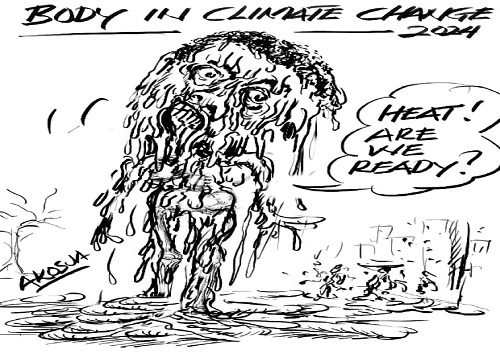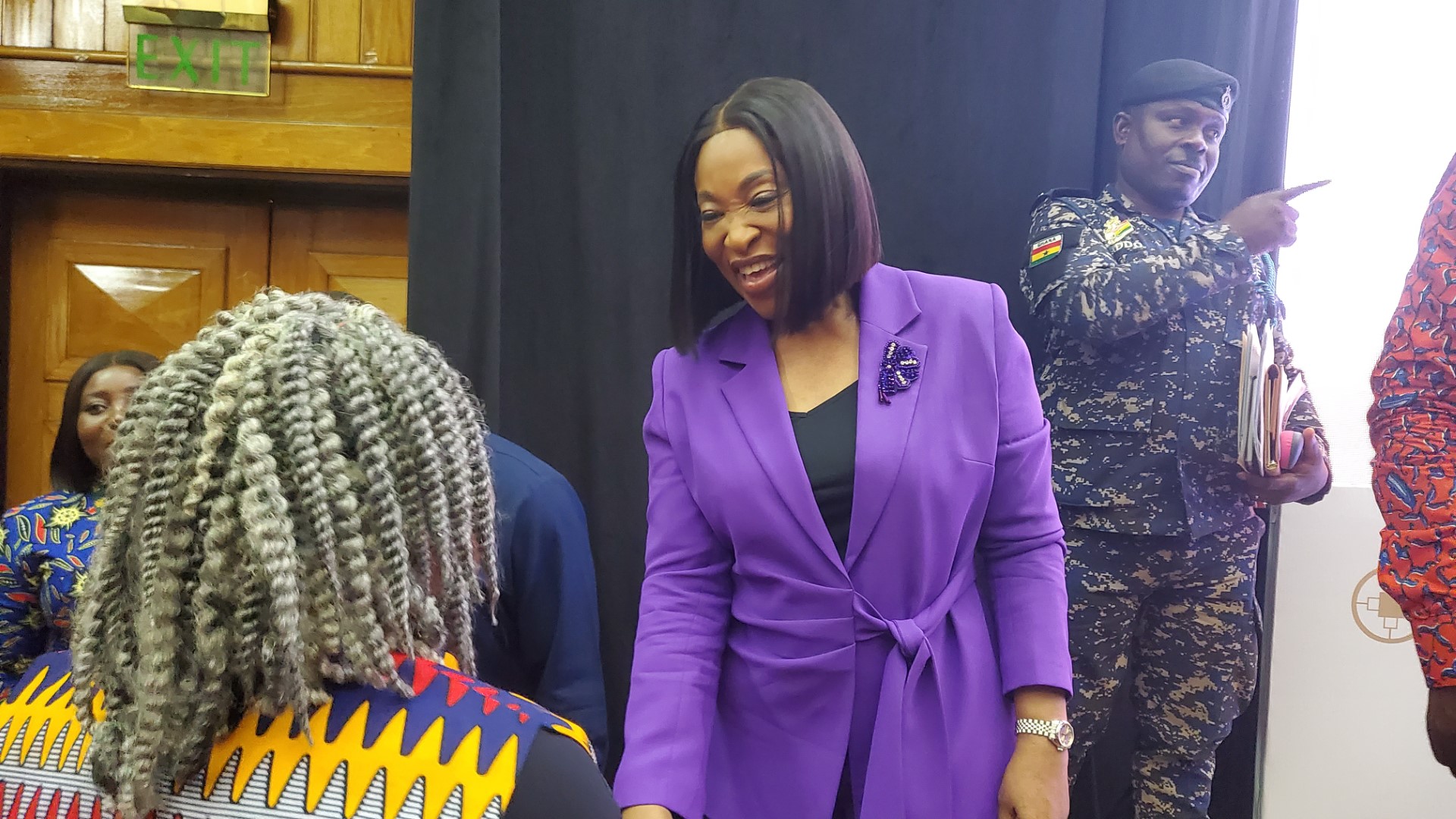
The Chairman of the Parliamentary Select Committee on Food, Agriculture and Cocoa Affairs, Dr Godfred Seidu Jasaw, has called for stronger institutional collaboration and data-driven planning to address the growing threat of climate change to Ghana’s agricultural sector.
He said the increasing frequency and intensity of climate impacts such as erratic rainfall, rising temperatures, droughts, and floods made it imperative for government agencies, research institutions, and development partners to promote evidence-based and climate-smart agricultural practices that safeguard livelihoods and ensure food security.
Dr Jasaw made the call in Accra on Tuesday at the opening of a two-day National Validation Workshop on Climate Vulnerability Mapping and Risk Profiles for Ghana, organised by AGRA in collaboration with Mathematica and EDI Global, a Mathematica company.
The workshop forms part of a multi-country initiative involving Ghana, Kenya, Tanzania, Uganda, and Zambia, aimed at strengthening institutional responses to climate change and integrating scientific evidence into agricultural planning and investment decisions.
It is also part of AGRA’s Policy and Community Engagement Initiative on Climate Vulnerability and Resilience, held under the theme “Strengthening Climate Adaptation through Evidence-Based Policy and Community Action.”
Dr Jasaw noted that climate change was “no longer a distant threat,” as its effects were already transforming agricultural systems, threatening livelihoods, and undermining national food security. While Ghana had made progress through national adaptation plans and irrigation investments, he said vulnerabilities persisted, requiring more coordinated and data-driven approaches.
He said the high-resolution climate vulnerability maps and risk profiles being validated were not just technical documents but critical decision-support tools that help identify climate risk hotspots, understand local hazards, and prioritise interventions where they were most needed.
“By combining scientific facts and local knowledge, we can ensure that adaptation solutions are both context-specific and feasible,” he said, adding that digital platforms could revolutionise Ghana’s climate response by enabling real-time data analysis, early warning systems, and better decision-making for farmers.
Dr Jasaw, however, cautioned that technology alone was not enough, stressing the need for public awareness and behavioural change to foster a culture of resilience and shared environmental responsibility.
A representative of AGRA, Jeremiah Rogito, in his presentation explained that the initiative, funded by the Bill and Melinda Gates Foundation, focuses on using climate risk assessments to guide priority interventions, identify regional adaptation strategies, and support national and regional decision-making.
He noted that the programme had completed its first phase and was now validating results before moving to the next stage, which would ensure that findings are integrated into national policies.
He urged participants to take the validation exercise seriously, describing it as an opportunity to build partnerships and take collective action to address the growing climate crisis.
The Technical Director of EDI Global, Dr Anthony Harris, added that his organisation had developed an interactive digital atlas to visualise climate vulnerability across Ghana.
The tool, he said, allows users to analyse climate risks, exposure, and adaptive capacity across districts and farming systems.
The high-resolution platform, he said, provides a comparative view of hotspots, helping policymakers and development partners target resources effectively.
According to him, the tool also enables long-term resilience planning by integrating climate, environmental and socioeconomic data.
BY STEPHANIE BIRIKORANG
???? Follow Ghanaian Times WhatsApp Channel today. https://whatsapp.com/channel/0029VbAjG7g3gvWajUAEX12Q
???? Trusted News. Real Stories. Anytime, Anywhere.
? Join our WhatsApp Channel now! https://whatsapp.com/channel/0029VbAjG7g3gvWajUAEX12Q

The post ‘There is need for collaboration to solve growing threat of climate change’ appeared first on Ghanaian Times.
Read Full Story


















Facebook
Twitter
Pinterest
Instagram
Google+
YouTube
LinkedIn
RSS